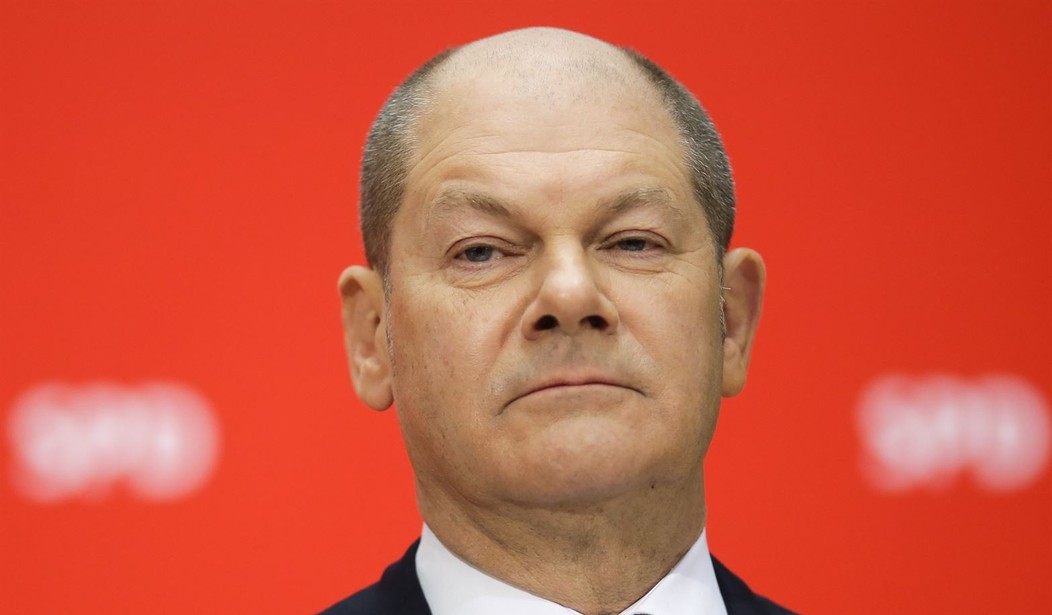Germany, one of Russia’s major European customers for oil, announced that it is weaning itself from its dysfunctional addiction to Russian oil.
German Foreign Minister Annalena Baerbock said, “We will halve oil by the summer and will be at 0 by the end of the year, and then gas will follow.”
Russian oil represents about 25% of Germany’s current usage and puts $285 million/day into the pockets of Putin and his inner circle.
Germany has already announced plans to reduce Russian gas usage to zero by next winter, the difference to be made up by Norwegian gas piped by way of Lithuania.
As is usual during this time of Putin’s War, Germany is following rather than leading.
A month ago, Poland announced it was banning all Russian energy imports, gas, oil, and coal, by the end of the year. The Baltic States followed Poland’s lead within a week.
As this was unfolding, Germany’s Finance Minister Christian Lindner announced that Germany would refuse to abide by Putin’s demand that all bills for Russian energy exports be paid in rubles rather than in the currency specified in the contract. This was Putin’s blatant and juvenile attempt to force energy customers to breach sanctions and prop up the Russian ruble.
Companies buying Russian natural gas should not have to set up ruble accounts to pay for it, German Finance Minister Christian Lindner said, pushing back against a demand made last month by Russian President Vladimir Putin.
“Contracts are contracts,” Lindner said Wednesday in an interview with Bloomberg Television in Washington. “Contracts are based on dollars and euros and so private-sector companies should pay in dollars or euros.”
While oil, as they say, is fungible, Russia’s near-term problem will be trying to find a customer for its oil and a way to move Russian oil to a non-European market. Germany will have much less trouble buying oil from other markets though it will be more expensive. However, Putin can’t make up the hundreds of millions of dollars that will no longer pass into the Swiss bank accounts of Russian kleptocrats each day.
This brings Germany’s previously solid-as-jello position on ruble payments into alignment with the rest of Western Europe.
As with any big story, this one has as many sub-plots as a Shakespearean comedy.
This decision by Germany to announce it is ending Russian energy imports and refusing to bow to Putin’s demands is not without risk. Germany’s economy is teetering on the edge of recession; unlike ours, which has been buoyed by the wise and benevolent policies of Joey SoftServe, the Germans haven’t had the benefit of the BidenRecovery®. Moreover, the German governing coalition of Social Democrats, Free Democrats, and Greens have a narrow majority in the Bundestag, and a bit of bad luck could bring down the government.
The most important subplot is political and involves the communist-followed-by-Russian suborning and coopting of the leading partner in the ruling coalition, the SPD.
Germany’s ruling Social Democrats are facing fresh pressure over their links to Moscow after accusations that a regional leader worked with Kremlin-backed energy giant Gazprom to undermine U.S. sanctions and spread Russian propaganda.
The allegations center on Manuela Schwesig, a senior member of Chancellor Olaf Scholz’s SPD party and the premier of the northeastern state of Mecklenburg-Vorpommern. The state was the end point of the Russia-to-Germany gas pipeline Nord Stream 2, long championed by Berlin but canceled before it came into service as Russia prepared to invade Ukraine.
The political heat on Schwesig has been growing since documents obtained by Welt newspaper showed her government cooperated closely with the company Nord Stream 2 AG, a subsidiary of Gazprom, as it tried to complete the project in the face of American sanctions. The documents showed that a foundation backed by the company and the regional government, supposedly meant to champion environmental causes, was a vehicle to circumvent the U.S. measures.
The revelations are the latest blow to the reputation of the center-left governing party, which has already come under heavy fire for sticking with close ties to Russian energy interests in recent years, even after President Vladimir Putin’s government fomented a war in eastern Ukraine and annexed Crimea in 2014.
Some of the motivation in coming down hard on Russian energy and how to pay for it, no matter the risks, may have more to do with political survival than political principle. Be that as it may, their action, regardless of motive, is welcome.
All of this is amusing to watch as the Euros and NeverTrumpers went bonkers over President Trump doing everything within his power to kill Russian energy projects and force the Germans to seek alternative sources. Of course, one of Biden’s top priorities after inauguration was undoing the roadblocks President Trump had thrown up to stop more Russian penetration of Europe’s energy market; this is, I’m sure, totally unrelated to any Russian kompromat.
As I posted yesterday, Russia is a rogue state reacting to its diminished importance in European affairs and descent into being a puppet state of Communist China by being increasingly violent and irrational. The NATO-EU nations have agreed upon a strategy involving Russia’s political and economic isolation while beefing up NATO defenses to withstand another Ukraine-invasion-style adventure elsewhere (see US and NATO Plan Long-Term Political and Economic Isolation of Russia and a New Cold War). Unfortunately, I think that is the way things have to be until Putin and his inner circle pass from the scene. This move by Germany is in solidarity with Free Europe and against its own short-term interests.













Join the conversation as a VIP Member